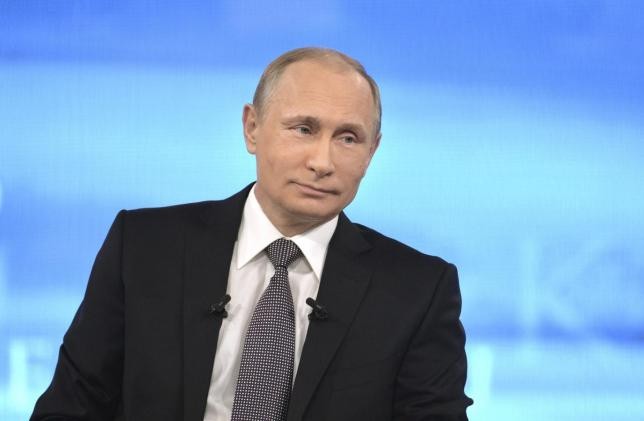As rumors of WW3 continue to swirl, it appears too that the great powers are waging war using the internet. The latest alleged cyberwarfare incident involves Russia, China and Norway, and the latter has issued accusations that Moscow might be attempting to influence the outcome of its upcoming elections like the Kremlin supposedly did with the recent U.S. presidential polls.
Norway has accused the Russian intelligence service of hacking into key components of Oslo's state agencies, the Associated Press reported. Targeted through "spear-phishing" attacks were the country's "security service, Norway's Labor Party, the military and government agencies," the report said.
AP said that spear-phishing is mainly the deployment of emails that appear to originate from familiar contacts or established businesses in order to convince recipients on the legitimacy of the messages. "Once opened, hackers can launch malicious software onto a recipient's computer network," the report said.
At least nine such emails were fired off targeting specific Norwegian government services but the same report has indicated that "no classified information has been taken."
It appears that the cyber-attacks were first detected when Norway's spy agency, PST, was tipped by a foreign intelligence service. Oslo, however, did not divulge the source of its information. "PST spokesman Martin Berntsen ... declined to name the foreign partner," AP reported.
But PST seems fairly sure that Russia has a direct hand on the attacks. "The attacks had a signature that indicates those behind the hacking can be identified as APT29," Berntsen told AP.
APT29, according to PST, is also known as Cozy Bear or the group of hackers that is believed to be Russian-sponsored. The U.S. government has pinpointed the same team as responsible for cyber intrusions last year that targeted the U.S. Democratic Party, the White House, the State Department and the Joint Chiefs of Staff of the U.S. military in an apparent attempt to influence the outcome of last year's election contest between Donald Trump and Hillary Clinton that the former won.
For its part, Norway is set to hold legislative elections in the second half of 2017.
Russia has yet to comment on the matter but in a related report, it is Moscow that seems to be at the receiving end of cyber espionage. According to WCCFTech, China has been identified as behind the group of advanced persistent threat (APT) attacks that tried to breach state-operated computer networks in Russia, Belarus and members of the Commonwealth of Independent States (CIS).
Internet and network security experts have warned that similar APT activities are likely to ramp up in the next few years as state actors acknowledge the importance of cyberwarfare in advancing their respective political and business interests, the report added.



























